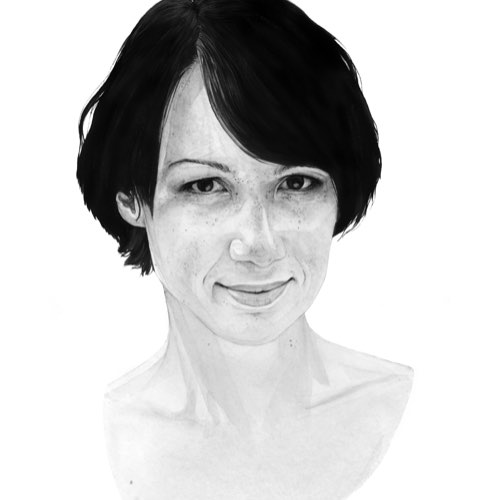When Mats Steen died, his parents, Robert and Trude, thought their son had lived a lonely life. He’d spent much of his time in a dark apartment with only his caregiver for company. And that was a source of great sorrow for his parents, who grieved when Mats had been diagnosed with muscular dystrophy at the age of four, and had been confined to a wheelchair not long after. They lamented that Mats would never climb trees, never fall in love. Never have a ‘normal’ life. And somehow what they understood about living a full and rich life with a physical disability stopped there.
When Mats was 10, Robert gave him a computer. As his body continued to deteriorate, Mats retreated into it. At 24, he passed away, and that was when Robert’s discoveries began.
Read more from Aleks Krotoski:
- The curse of leprosy is not spiritual or medical - it is entirely social
- Why scapegoating and finger-pointing don’t help anyone
As he was dying, Mats had asked his father to tell his friends that he loved them. But Robert didn’t know who he meant. So, after they returned home from the hospital, and during the week they prepared for his funeral, Robert went into the darkened flat and turned on the computer. He posted a note on his son’s blog, announcing Mats’s death. He didn’t expect the hundreds of emails from strangers around the world that poured in, sharing their grief and wishing, somehow, to be part of his offline life.
Inside that machine, Robert discovered that his son hadn’t been lonely or solitary at all, but that he’d lived the most extraordinary and rich life, as part of a tight-knit group of hundreds of people who hung out and battled together as a guild in the multiplayer game World Of Warcraft. Robert never anticipated that Mats’s life would be even greater online.
Most people who don’t enjoy online gaming have a little prejudice against the games and those who play them – what can living in a fantasy land possibly offer to anything in the offline world? Well, quite a bit actually. Several years ago, I studied the psychological effects of online gaming on people with severe physical disabilities. People connect and hang out and build friendships between intense bouts of teamwork. They rely on one another to secure their long-term investments in a character, their relationships and their time in a game. They do things together. And for people who have a disability, for whom the offline world throws up all kinds of physical, social and architectural challenges, they can play on a level field.
Several of Mats’s online friends travelled to Oslo for the funeral; one was invited to give a eulogy. He described Mats as someone who always had time to listen, who always gave love when it was needed, and always backed up his team. For more than 10 years, Mats’s online life had given him exactly what his parents feared he was lacking – he climbed trees, he ran, he had a raucous social life. He fell in love.
Robert’s expectations of what was possible for Mats ignored what his son was truly capable of. What he needed was the right tools. And for millions of people – physically able or not – the virtual world gives them the toolbox they need to be all that they can be.
Follow Science Focus onTwitter,Facebook, Instagramand Flipboard
